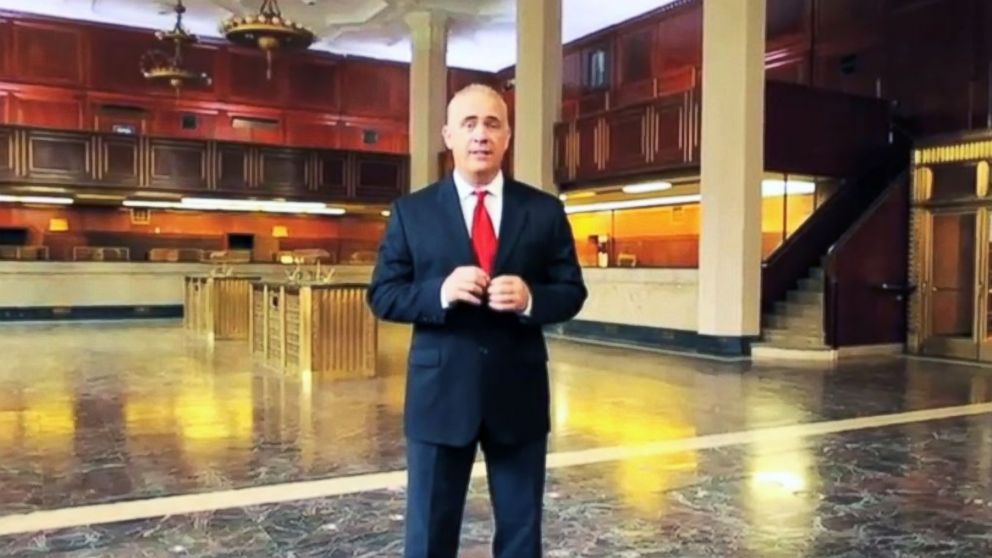Rock the Vote Gets Angry in New Ads
How do you get millennials to vote on Election Day? Try sarcasm.

— -- How do you get millennial voters from their dorm rooms to voting booths on Election Day? Try sarcasm.
Rock the Vote, best known for its celebrity endorsers and partnership with MTV, has released five new ads featuring cynical narrators daring young voters to turn out in the midterm cycle.
The ads, part of the “Care Like Crazy” campaign, focus on issues young voters care about, said Ashley Spillane, president of Rock the Vote. “We really wanted to drive home the message that if you care like crazy about issues, you have to vote,” she said.
While young Americans are less likely to vote this year than they were in 2010, according to a survey by the Harvard University Institute of Politics, Rock the Vote is hoping the ads will help their efforts.
In one, a man with a grocery bag under his arm talks about the importance of voting to women’s issues—before taking a surprising turn.
“I never forget [to vote] because I care about people, like women,” he says. “I love women—but they’ll never be as smart as men.”
In another, on student loan debt, a callous businessman tells the camera he won’t “let a bunch of kids whining about their student loans ruin my business.”
“If you still live in your parents’ basement, you shouldn’t decide our future,” he says.
Both ads end with the same question to viewers: He Votes. Do You?
“These aren’t the traditional political ads,” said Spillane. “We went to edgy and funny to get their focus.”
The TV ads, backed by a $250,000 buy, will appear in college towns throughout six states, as well as on sites including YouTube and Hulu.




